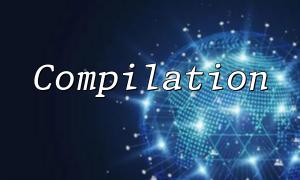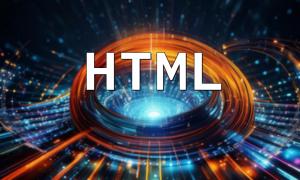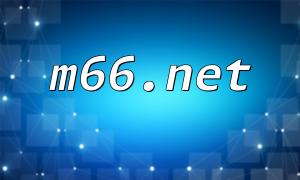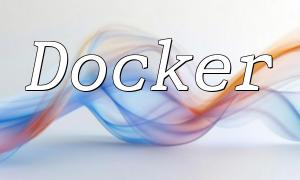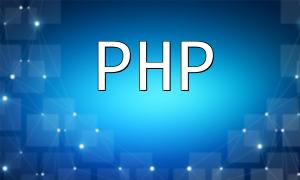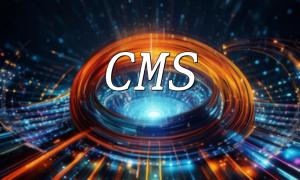PHP, a widely-used scripting language for web development, relies heavily on standardized code practices to enhance team collaboration and code maintainability. As PHP versions continue to evolve, so too must the coding standards. This article explores how to implement the latest PHP coding standards in your team, helping team members quickly adapt and adopt new practices.
To implement new PHP coding standards, it is essential that the team agrees on a unified set of guidelines. These guidelines should cover areas like coding style, naming conventions, and comment standards. Teams can refer to PHP-FIG (PHP Framework Interoperability Group) standards, particularly PSR-1 (Basic Coding Standards) and PSR-2 (Coding Style Guide). These standards provide clear direction, improving code consistency and maintainability.
<?php
namespace MyNamespace;
class MyClass
{
const MY_CONSTANT = 'myconstant';
private $myVariable;
public function __construct($variable)
{
$this->myVariable = $variable;
}
public function setVariable($variable)
{
$this->myVariable = $variable;
}
public function getVariable()
{
return $this->myVariable;
}
}
?>Once the coding standards are defined, the next step is to train the team members. This can be achieved by organizing internal training sessions, technical workshops, or by providing detailed documentation. Training should cover the importance of coding standards, the benefits of adhering to them, and real-world examples of their implementation. This will help the team understand and embrace the new PHP coding standards.
During the implementation phase, team members may encounter challenges in adhering to the new standards. It is crucial to establish internal code reviews and feedback mechanisms. Regular code review meetings or automated code review tools can help identify non-compliant code and ensure consistency across the team.
PHP is a rapidly evolving open-source language, and its coding standards are regularly updated. Therefore, team members must adopt a mindset of continuous learning. Holding regular coding standards workshops or technical discussions can keep the team informed of the latest PHP changes, allowing them to update their coding practices accordingly.
Implementing the latest PHP coding standards requires the collective effort and cooperation of the entire team. By defining unified coding standards, providing training, strengthening code review and feedback mechanisms, and maintaining a continuous learning culture, teams can gradually adapt to and follow the new PHP standards. This not only improves development efficiency but also enhances code quality and maintainability, ultimately contributing to the success of the project.
